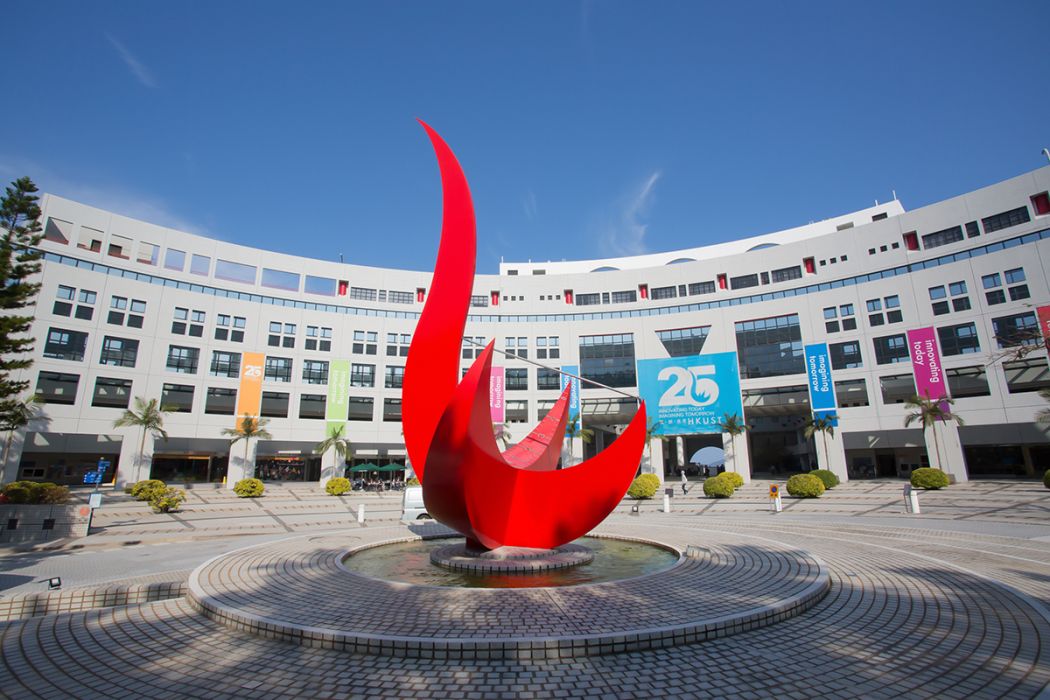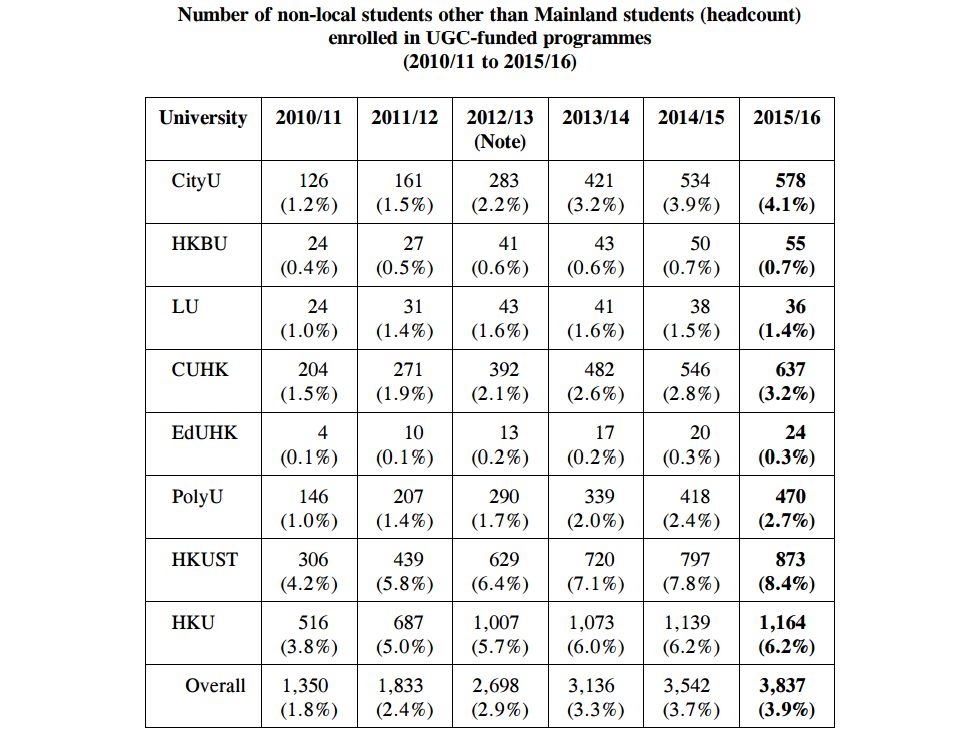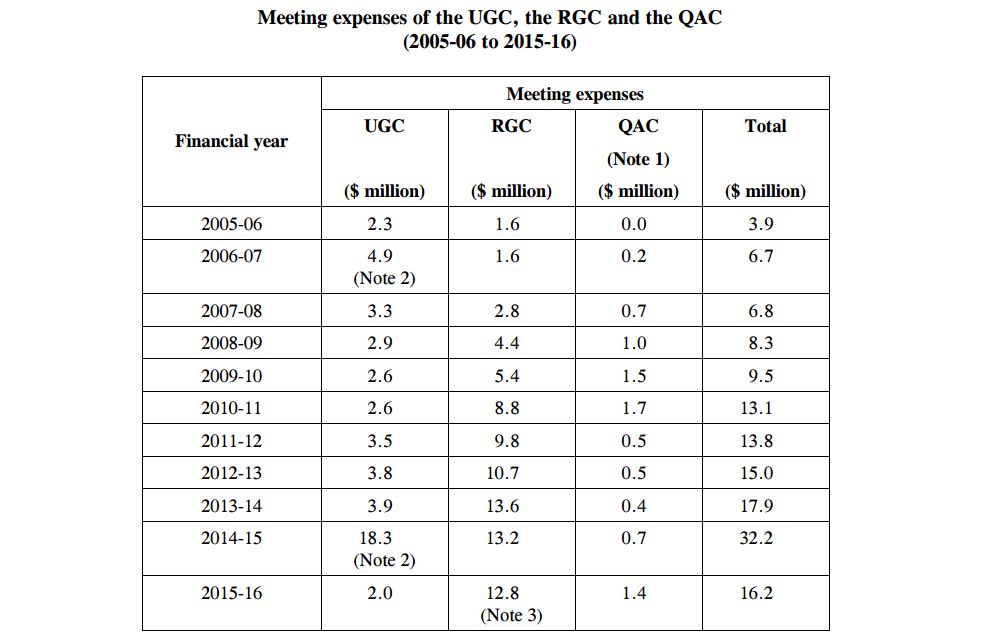The government’s Audit Commission has suggested that the university grants funding body should “further encourage the universities to continue their efforts to attract more non-local students,” after finding that mainland students made up 76 per cent of the non-local students at government-funded programmes over the last academic year.
In its latest reports, the Commission compiled data from the University Grants Committee (UGC). In 2015/16, there were 15,730 non-local students enrolled in UGC-funded programmes, including sub-degree, undergraduate and postgraduate programmes – a 56 per cent growth from 10,074 in 2010/11. Non-local students represented 16 per cent of total enrolment.
It noted that mainland students made up the largest group of non-local students at the universities, although the total proportion decreased from 87 per cent in 2010/11 to 76 per cent in the last academic year. Non-local students other than mainland students accounted only for 3.9 per cent of total student enrolment.

Among the eight public universities, the University of Science and Technology has the highest ratio of non-local students – 25 per cent. But it has the highest proportion – 8.4 per cent – of non-local students who were not from the mainland.
The Commission noted that a report by the UGC in 2010 mentioned that “internationalisation is not the same thing as encouraging mainland students to study in Hong Kong” and that “although it is important to encourage mainland students to enter Hong Kong universities, true internationalisation requires a much greater diversity of nationalities and cultural background.”
“The UGC needs to further encourage the universities to continue their efforts to attract more non-local students, in particular those other than Mainland students, and promote diversity at the universities,” the report read.

The Commission also recommended the Secretary-General of the UGC should “agree with the universities on a set of key performance indicators on internationalisation and continue to monitor the universities’ performance on internationalisation.”
The Secretary-General told the Commission that he agrees with the audit recommendations.
Lavish meeting expenses
Meanwhile, the Commission report also found that the meeting expenses of UGC and two non-statutory advisory bodies under it have increased from HK$3.9 million in 2005/06 to HK$16.2 million in the last academic year. It asked the UGC to keep under review the appropriateness of such spending.
The two bodies are the Research Grants Council (RGC) and the Quality Assurance Council (QAC).
The report noted that increases in expenses over the years was mainly due to an increased number of non-local RGC Council/Panel/Committee members and an increased number of meetings with the introduction of new funding schemes.
In the year 2014/15, the UGC, RGC and QAC spent a total of HK$32.2 million in meeting expenses. The spike was due to a “Research Assessment Exercise” that year, during which many non-local academics were invited to attend meetings in Hong Kong.

The expenses were mainly related to hotel accommodation – on average, HK$1,830 per night. Quotations were obtained from the same five upmarket hotels before booking, and flight tickets.
The report examined 30 payments of meeting expenses incurred in the financial years 2014/15 and 2015/16 and found that there was no documentary evidence justifying the choice of the same five upmarket hotels, and that less expensive accommodation may have been available.
All non-local members were provided with Business Class return air tickets for travelling to Hong Kong to attend meetings.
In response, the UGC told the Commission that non-local members travelled to Hong Kong to attend meetings on a voluntary basis and unpaid, and that the UGC recognised that there were “immense benefits” in drawing the best academic talent from around the world to serve Hong Kong. It said the difficulty involved in persuading them to do so should not be under-estimated.
“Therefore, the UGC facilitated non-local members to attend meetings in Hong Kong through a package of hotel accommodation and passage arrangements,” it read.
